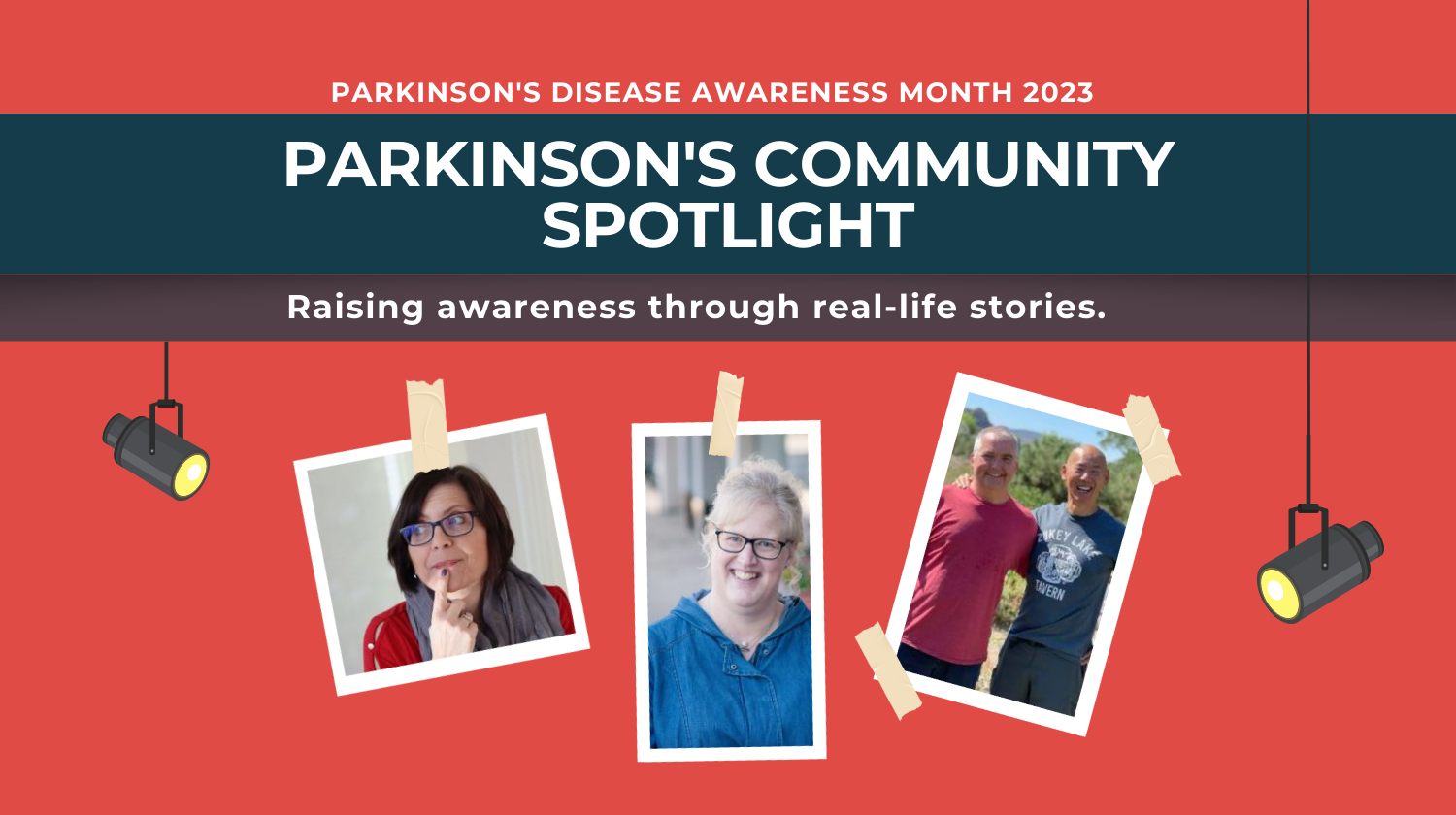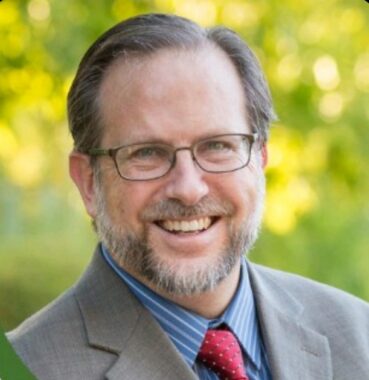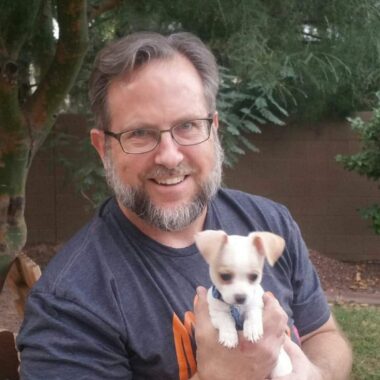Finding his community was key for patient living with Parkinson’s
Written by |


Photos courtesy of Mark Milow
This is Mark Milow’s story:
With a Parkinson’s disease diagnosis, there are a lot of things to consider. And that’s further complicated with a diagnosis of early-onset or young-onset Parkinson’s disease (YOPD) — having symptoms before age 50.
When you’re in that age range, you’re usually still working or raising kids, or helping a child through college. Adding a diagnosis of a degenerative neurological condition into the life of someone working full time, with an active lifestyle, can really complicate things.
Many people know Parkinson’s comes with tremors, along with stiffness, and balance issues. But many don’t realize the general fatigue, exhaustion, and seemingly myriad other nonmovement symptoms that accompany the disease. Things like panic attacks, depression, sleep issues, constipation, pain, memory issues, and even sweat control!
That’s exactly where I was in February 2021 — living a busy life and smacked square in the face with a YOPD diagnosis.
Upon receiving a life-changing diagnosis like this, I had a choice: How would I respond? Former football coach Lou Holtz once said, “Life is 10% what happens to you and 90% how you respond to it.”
So how did I respond? It wasn’t very inspirational. I asked a lot of questions like “Why me?” or “Am I the only one other than Michael J. Fox who has Parkinson’s before age 50?” I felt alone, scared and lost. And alongside all those emotions, I began to feel sorry for myself.

Mark with his dog, Bandit.
But a funny thing happened around the time self pity was setting in. I began seeing examples of bravery in the face of adversity all around me. I also began realizing it was OK to find humor in the situation. Finding something to laugh about can certainly help fend off self pity.
I think the biggest thing that’s helped me keep perspective, though, is people. Having people around me who understand and care. To find those who truly understand, we really need to search among those impacted directly by Parkinson’s.
Shortly after being diagnosed, I created accounts on Instagram and TikTok, specifically to talk about what I was going through. I didn’t know if anyone would see what I was posting, and I didn’t care. This was therapy for me to talk through the situation. But as I went along, people began to comment. I got questions from viewers. People responded with resources that could help or anecdotes from their own story. Very soon, friendships were made and bonds were formed. People I’d never met in person became some of my best friends. And that network of people I still count on today for understanding, for ideas, for accountability, for encouragement.
People make all the difference.
The shortage of dopamine caused by Parkinson’s does a number on our thoughts and emotions. Surrounding ourselves with people who understand the struggles and can encourage us in the midst of hard times is a key to fighting self pity. We were not meant to fight this battle alone. We need community.
In recognition of Parkinson’s Awareness Month in April, the Parkinson’s Community Spotlight campaign features a series of stories highlighting the real-life experiences of people affected by Parkinson’s disease written in their own words. Follow us on Facebook and Instagram for more stories like this, using the hashtag #ParkinsonsSpotlight, or read the full series.


